Note: This is a guest posting from Patrick Runfeldt, dramaturg for our Winter MainStage production of Midnight Cowboy.
A cursory glance at the themes of Chris Hainsworth‘s adaptation of Midnight Cowboy reveals a striking outlier not much present in James Leo Herlihy’s novel: religious promises of prosperity. Certainly Joe Buck attends Sunday school at the behest of his grandmother Sally and attempts to be vaguely involved in “church”, but the significance never reaches the forefront of the novel. Not so with Hainsworth’s adaptation, wherein the audience is guided and shadowed by the mysterious Mr. O’Daniel. He is a half-crazy street “preacher” mixed with just the right amount of foreshadowing present in predecessors like a Greek chorus or griot. O’Daniel provides Joe’s character with both diagnosis and decree at various moment, cycling back through a series of emotional peaks and valleys throughout Joe’s checkered past. The overall narrative, however, never strays from a clear trajectory of the “prosperity gospel” preached by such famous televangelists as Joel Osteen and his predecessor Oral Roberts. Perhaps an examination of Roberts’ wildly successful and ultimately troubled personal history will allow for further understanding of the implications of Hainsworth’s thematic move and, ultimately, what it all means for Joe in the play.
Oral Roberts was one of the most famous and celebrated televangelists of the 1950s through the 1980s and his career spanned near to his death in 2009. His wealth so far exceeded his needs that he opened an entire university dedicated to his philosophies, with the entire campus decorated in real flakes of gold. The dark corners hidden behind the TV lights, however, always ate away at Oral; his entire empire was founded on donations from mostly poor Americans who were convinced that what he was preaching would turn their economic and personal lives around. His philosophy (better known as the aforementioned “prosperity gospel”) has inspired the model for megachurches and religious profiteers for more than half a century now: “Plant a seed—meaning, send a check—and God will reward you with health, wealth, and happiness”. Oral’s own life (despite his material prosperity) was undercut by his distance from his family, his religious flock (several lawsuits and audits tarnished his ministry organization and his university), and, in his final hours, his God. Oral’s oldest son committed suicide in his 30s due to unrelenting pressure from his father regarding his queer sexuality and desire to remain away from the television spotlight. His oldest daughter died in a plane crash that he mysteriously half-predicted. He was left with his son Richard as the most likely (and least likable) air to his televangelist throne. Always in the spotlight from a young age, Richard became infatuated with fame, which ultimately led to a long history of drug abuse, public infidelity, and the near ruin of his father’s religious empire. Mired in audits, lawsuits, and negative speculation, Oral died reciting a series of his own sermons and prophecies, based on what he had heard from his God. The echo of his ministry lives on in the slowly crumbling university that he left behind, bathed in tarnished gold.
In Hainsworth’s adaptation, O’Daniel approaches Joe with a proposition similar to Oral’s prosperity gospel, but instead of money he asks for Joe’s physical self and his time. Having loosely grown up with an image of the Everyman Jesus in his mind, Joe is quick to listen, but slow to understand the implications of giving his own possessions away to obtain some kind of happiness (or, at least, the illusion of happiness). O’Daniel keeps reappearing throughout the drama representing both a corner of Joe’s conscience and the false promises of such a philosophy. It is less a question of whether Joe would have been less moribund if he had chosen O’Daniel as his companion instead of Ratso and more a series of landmarks pointing out how Joe’s selflessness ultimately fails him over time. Joe is profoundly lonely because he cannot figure out what he wants (as Perry so aptly noted), not for a lack of trying to relate to others. When he gives up Anastasia, Sally, and Bobby respectively so that they can try to make the most of their lives, he sacrifices his own desires. At the end of the drama, Joe is lonely not because he cannot articulate what he wants, but because what he wants and whom he wants to be with have been put out of his reach by forces beyond his control.
